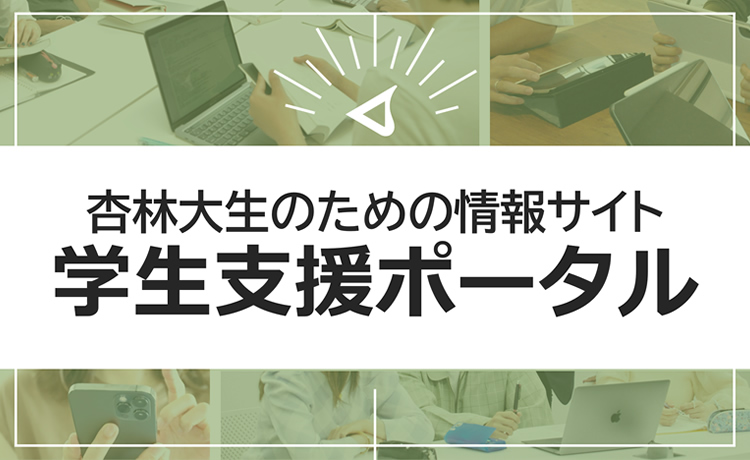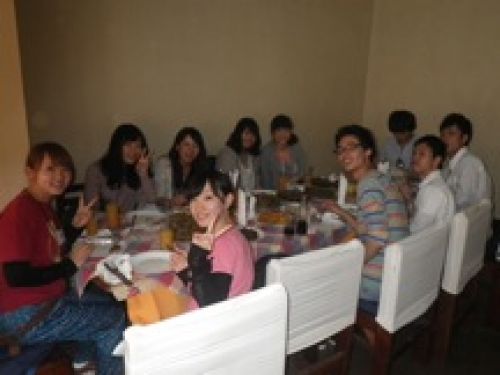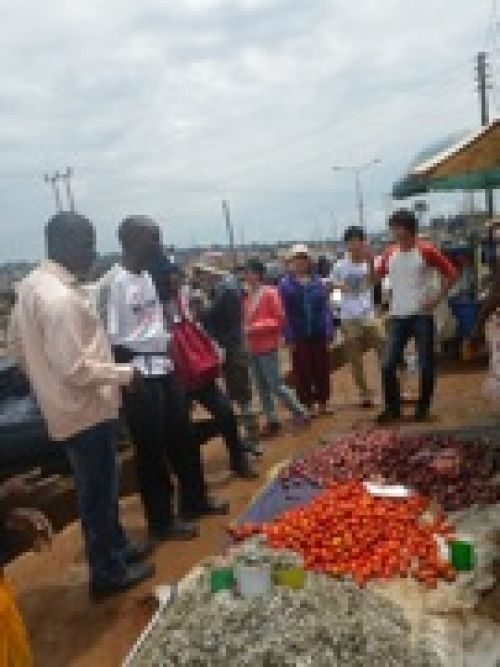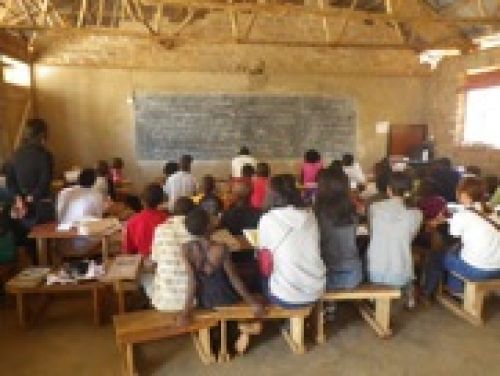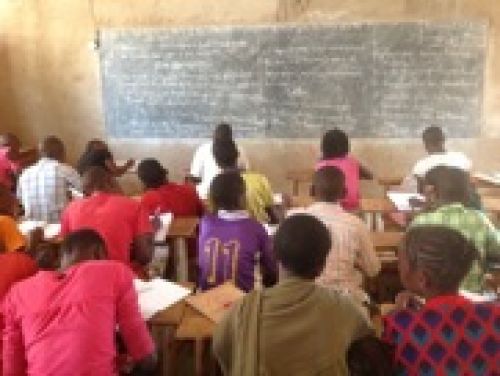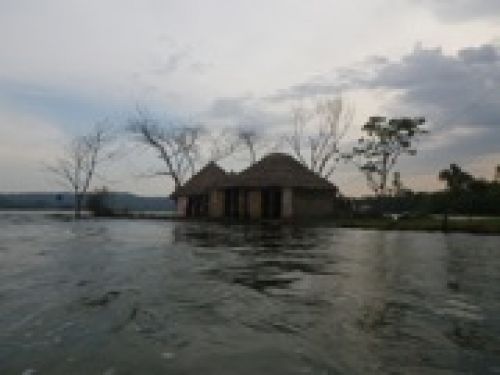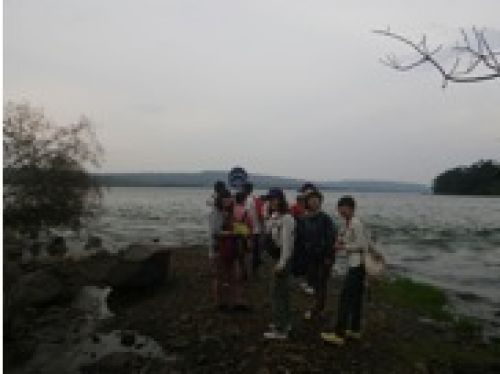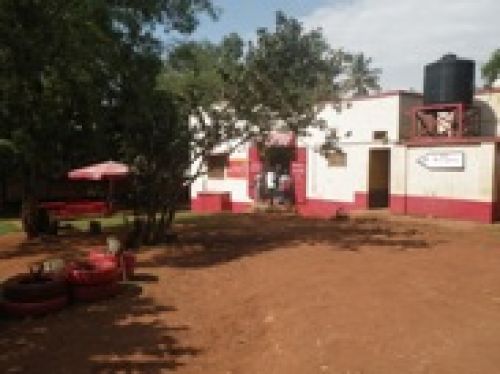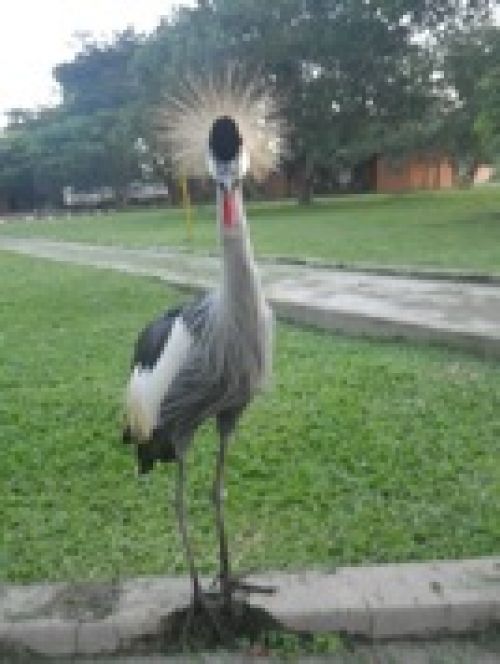マルコム教授のウガンダ訪問記 その2
Reflections on Uganda (2)
This blog, the second of three, will outline some of my observations of the Japanese students in Uganda. In my previous blog, I explained the purpose of the visit to Uganda(http://www.kyorin-u.ac.jp/cn/html/kyorin/00013/201309291/); in the third, to follow soon, I will discuss possible future possibilities.
3回シリーズの第二弾となる今回のブログでは、ウガンダでの日本人学生について私が観察した事を書きます。前回のブログでは、ウガンダへの旅の目的について説明しました(http://www.kyorin-u.ac.jp/cn/html/kyorin/00013/201309291/)。続く第三弾では、これからの発展の可能性について探っていきます。
The 10 students who were in the team that went to Uganda came from Hakodate Future University (公立はこだて未来大学, FUN), Hokkaido University (北海道大学) and Hokusei University (北星学園大学). The Hokkaido and Hokusei University students belong to an NPO that has a focus on Uganda; the FUN students belong to a project that focuses on developing animations based on primary school curricula.
今回のウガンダ旅行へ参加したのは、公立はこだて未来大学、北海道大学、北星学園大学の学生10人でした。北海道大学と北星学園大学の学生は、ウガンダを支援するNPOに所属しており、また、未来大学の学生は、初等教育のカリキュラムを元にアニメーションを作成するプロジェクトに参加しています。
To start with, it was a lot of fun to travel with these students and I found them no burden or trouble at all. Actually, I often wondered if I might be the burden on them – especially when one of the male students “won” the janken and had to share a room with me for a few nights.
まず始めに、今回の学生達との旅行はとても楽しく、彼らが私の重荷やトラブルとなることは全くありませんでした。むしろ、しばしば私の方が彼らの重荷になっているのではないかとさえ感じました。特に、男子学生の一人がジャンケンで「勝って」私と同室で宿泊する羽目になった時など。
These 10 students should be congratulated and praised. They realized that both their educational and day-to-day experiences in Japan were not sufficient to meeting the goals they had set in their lives up to this point. Accordingly, in order to better understand the goals they had set, be that volunteering through an NPO or creating educational materials, (this can be understood as a part of “study”), they willingly accepted the challenge to journey to Uganda to understand and experience the context of the world of their “study”. (This is an example of “learning”, where learning is defined as [the use of] new understanding created from the application of existing knowledge).
この10人の学生は、賞賛に値します。自分たちの人生のゴールを達成する為には、日本で受ける教育や日々の経験だけでは足りないという事に彼らはこの時点で気づいていました。ですから、自身の目標をより良く理解する為に、NPOでボランティア活動をしたり、教材を作成したりしました。(これは「勉強」の一部と捉えられるかもしれません。)さらに、「勉強」の世界の背景(コンテキスト)を理解し経験するためにウガンダへの旅という挑戦を進んで受け入れました。(これが、「学習・学び」の一例です。学びとは、既存の知識を応用する事から生み出される新しい理解を「用いる」、ということです。)
What the Japanese students soon realized was that their educational and life experiences in Japan were not sufficient to prepare them for this “other-world” context. (This lack is without doubt not isolated to Japan only. I believe that it would be readily seen in Australia, as well.) As an example, the second language skills, given the years of study in “education”, were lacking. With similar years of training in school, the Ugandan primary school children were more fluent in the second language, English, without any detriment to their “mother” language. To be fair, however, the Japanese students’ basic math skills seemed vastly superior to nearly all adults we met.
日本人学生がすぐに気付いた事、それは日本での教育や人生経験が、この「別世界」の状況に備えるには十分でないという事でした。(日本だけに限ったことではありません。オーストラリアでも同様に見受けられる筈です。) 一例を挙げますと、何年も「教育」を受けているにもかかわらず、彼らには外国語のスキルが欠けていました。学校で同じくらいの年数英語を習っているにもかかわらず、ウガンダの小学生の方が外国語である英語を流暢に操っていました。それも母国語を損なうことなくです。しかしながら、公平にする為に言っておきますが、日本人学生の数学のベーシックスキルは、ウガンダで会った殆どの大人よりはるかに優れていました。
The students in this team were willing to learn, to communicate, and wanted to experience what they had studied. They chose to rise above the limitations placed upon them in Japan. They understood the importance of engaging with people in another culture and in other languages. Did they like being called “China China”? Probably not. Did they like using the public toilets? Probably not. Did they like the “bugs” falling off the light and onto their heads and around their food? Probably not.
Did they enjoy sharing a room with me? Probably not. Did they enjoy the meal the guys in the team (minus me) cooked? Probably not. Did they enjoy being chased by the Crested Crane? Probably, not. Did they enjoy working with the children in schools. Probably, yes. Did they convert their study into learning? Probably, yes. Would they go back again? Probably, yes. Would you be willing to join us? Probably… .
このチームの学生達は、自ら進んで学び、コミュニケーションを取り、勉強してきたことを体験しようとしました。日本で彼らに置かれた限界を越えることを選びました。彼らは、自分と異なる文化や言語を持つ人々と交わることの大切さを理解しました。学生たちは「中国人、中国人」と呼ばれることを好んだでしょうか?おそらく、NO。公衆トイレを使うのを好んだでしょうか?おそらく、NO。私と同室になるのを楽しんだでしょうか?おそらく、NO。チームの仲間(私以外)が作った食事を楽しんだでしょうか?おそらく、NO。ホオジロカンムリヅルに追いかけられるのを楽しんだでしょうか?おそらく、NO。学校で子供達と作業するのを楽しんだでしょうか?おそらく、YES。勉強を学びに変えることができたでしょうか?おそらく、YES。もう一度行きたいと彼らは思うでしょうか?おそらく、YES。あなたは、喜んで私たちの仲間になりますか?おそらく・・・ 2013.11.10

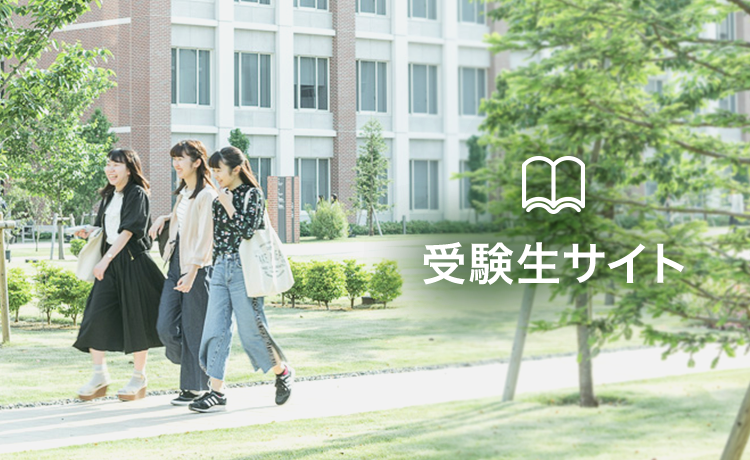
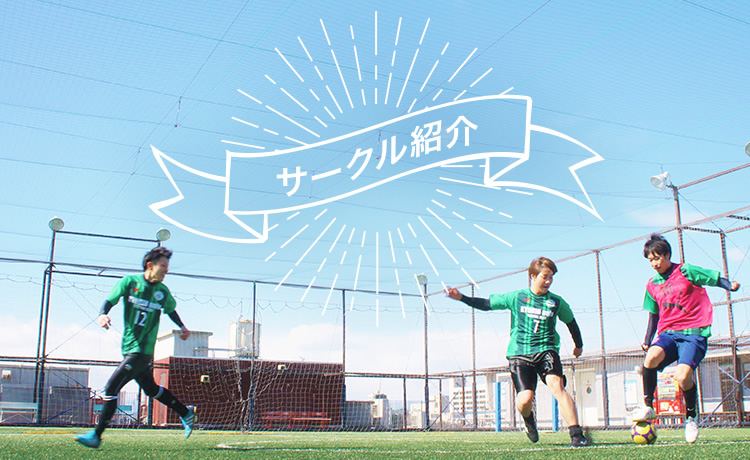
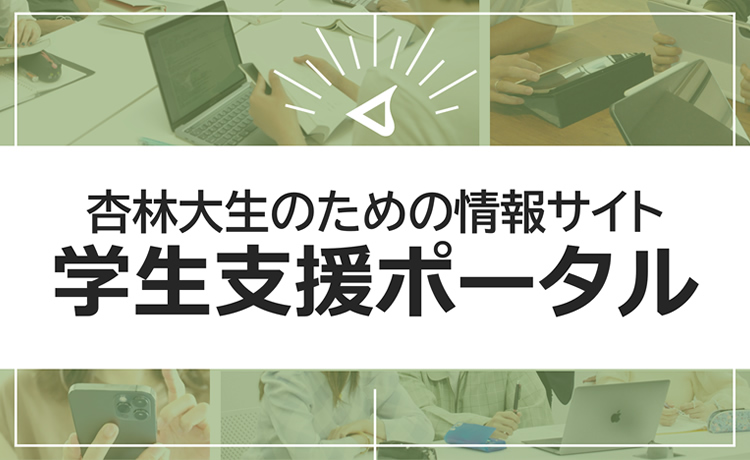
![学納金サイト [在学生・保護者専用]](/assets/images/BlkFeatured_item_tuition.jpg)
